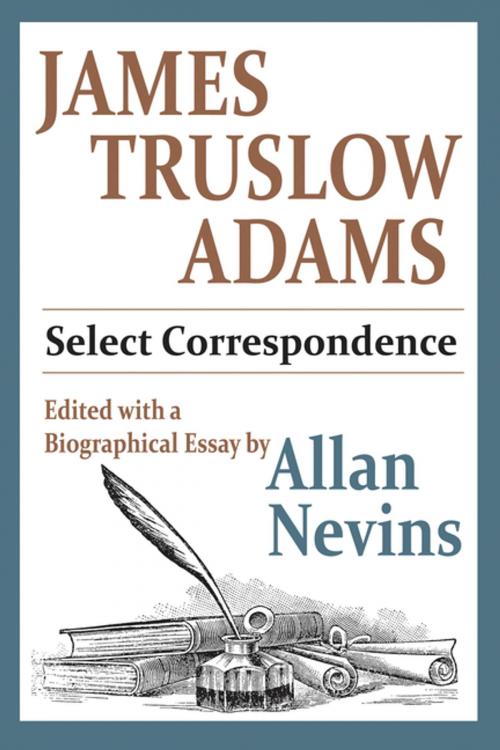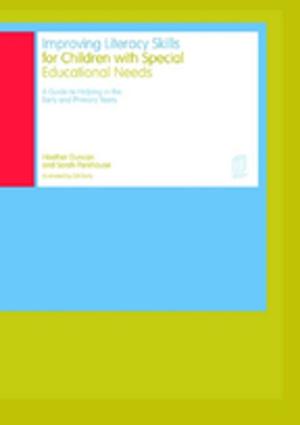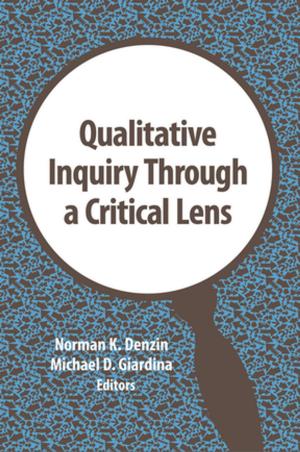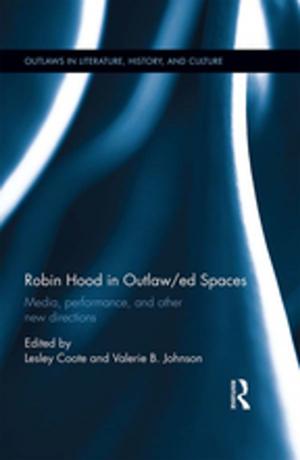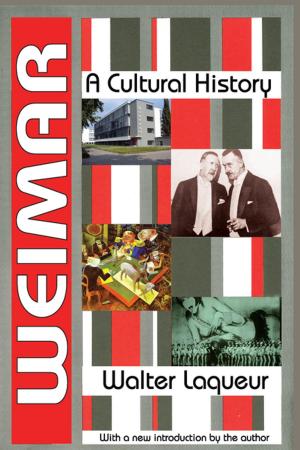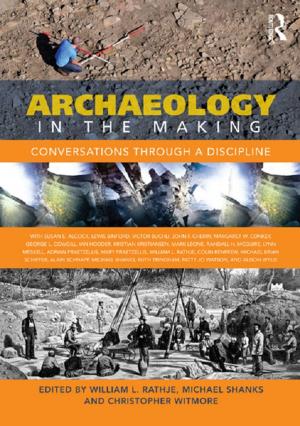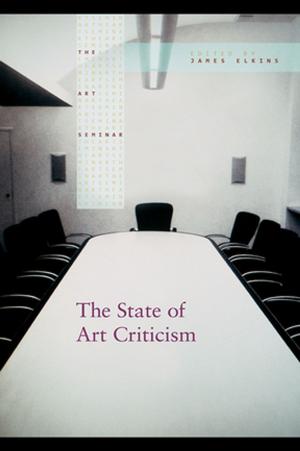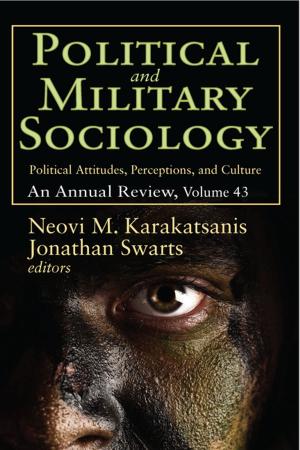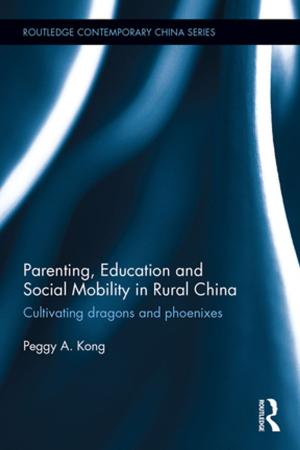| Author: | ISBN: | 9781351511179 | |
| Publisher: | Taylor and Francis | Publication: | July 5, 2017 |
| Imprint: | Routledge | Language: | English |
| Author: | |
| ISBN: | 9781351511179 |
| Publisher: | Taylor and Francis |
| Publication: | July 5, 2017 |
| Imprint: | Routledge |
| Language: | English |
The brilliant historian of the mid-twentieth century, Allan Nevins, introduces this volume of correspondence by and to James Truslow Adams with a summary of his life and importance. This presents his appreciation of Adams in a manner that properly serves as a bridge to a full range of his correspondence, including a long series of letters by Adams himself.The correspondence is divided into a wide network of letters covering two world wars, and highlighting Adams' efforts to speak as a public historian of the age. The range covered extends from World War I, where he participated in the Paris Conference, to the New England histories, the year of the Economic Crash, the making of his great book, The Epic of America, and the final summing up, making history accessible to the larger publics.Both the biographical sketch and the correspondence reflect Adams as possessing a nimble, precise mind and a stubborn set of opinions that are sometimes liberal, while at other times conservative. Despite a lifetime of public service, Nevins and the letters remind us, Adams was and remained essentially a scholar. The same can be said of Nevins himself and that made him the perfect spokesman and student of Adams' writings. For those to whom the meshing of solid American history and public service are of interest this will be an unusual, but entirely worthwhile experience.
The brilliant historian of the mid-twentieth century, Allan Nevins, introduces this volume of correspondence by and to James Truslow Adams with a summary of his life and importance. This presents his appreciation of Adams in a manner that properly serves as a bridge to a full range of his correspondence, including a long series of letters by Adams himself.The correspondence is divided into a wide network of letters covering two world wars, and highlighting Adams' efforts to speak as a public historian of the age. The range covered extends from World War I, where he participated in the Paris Conference, to the New England histories, the year of the Economic Crash, the making of his great book, The Epic of America, and the final summing up, making history accessible to the larger publics.Both the biographical sketch and the correspondence reflect Adams as possessing a nimble, precise mind and a stubborn set of opinions that are sometimes liberal, while at other times conservative. Despite a lifetime of public service, Nevins and the letters remind us, Adams was and remained essentially a scholar. The same can be said of Nevins himself and that made him the perfect spokesman and student of Adams' writings. For those to whom the meshing of solid American history and public service are of interest this will be an unusual, but entirely worthwhile experience.
